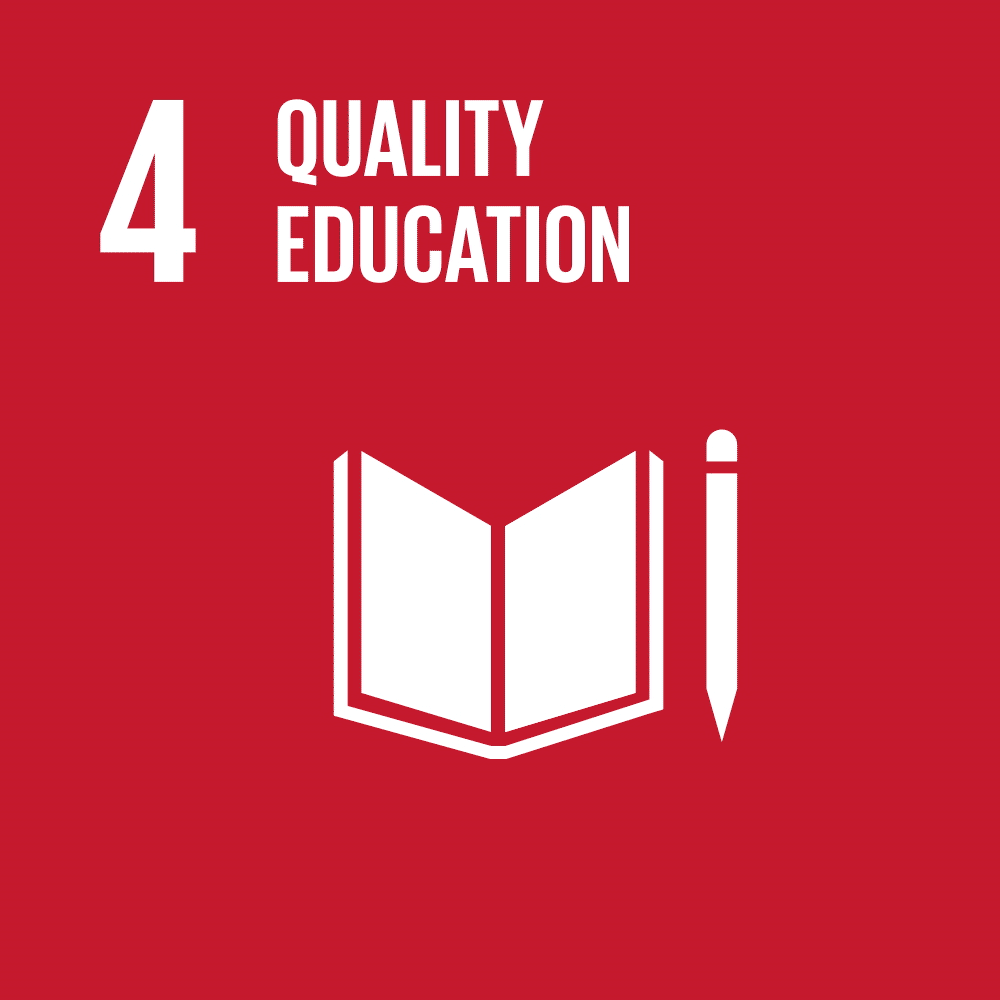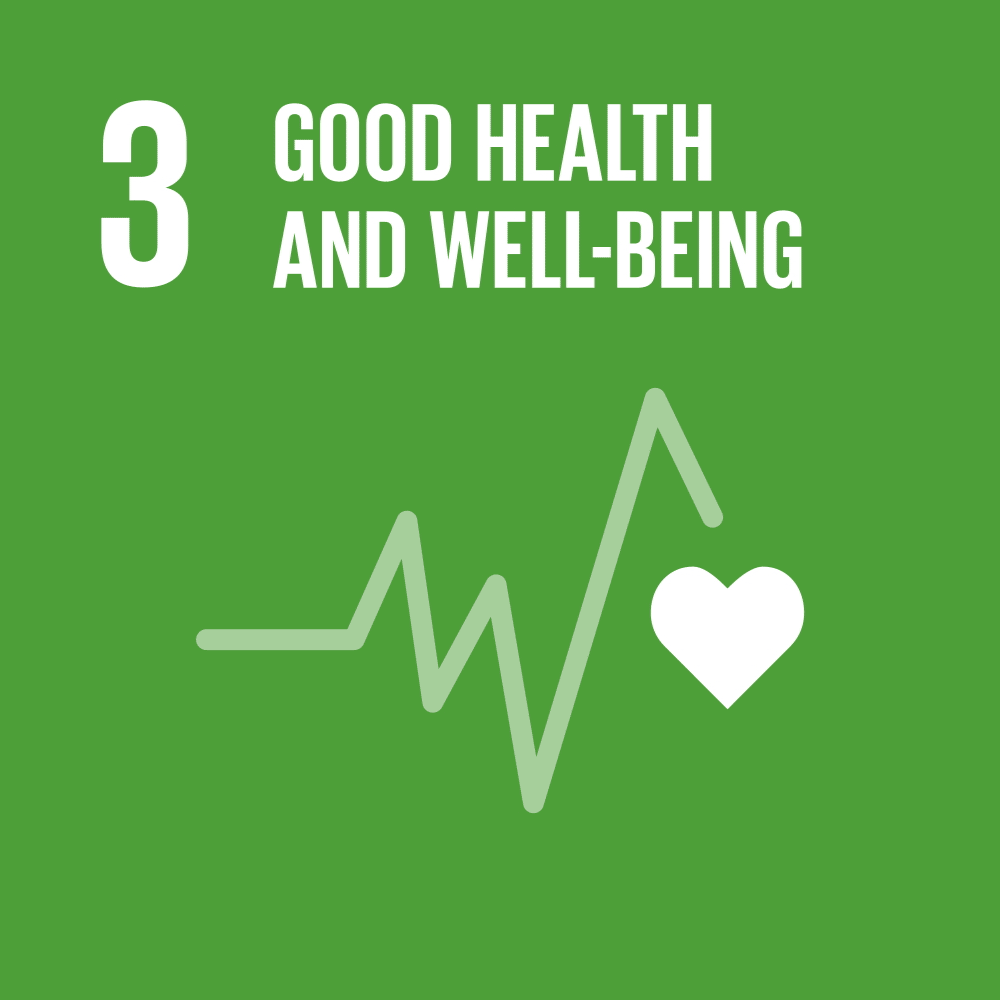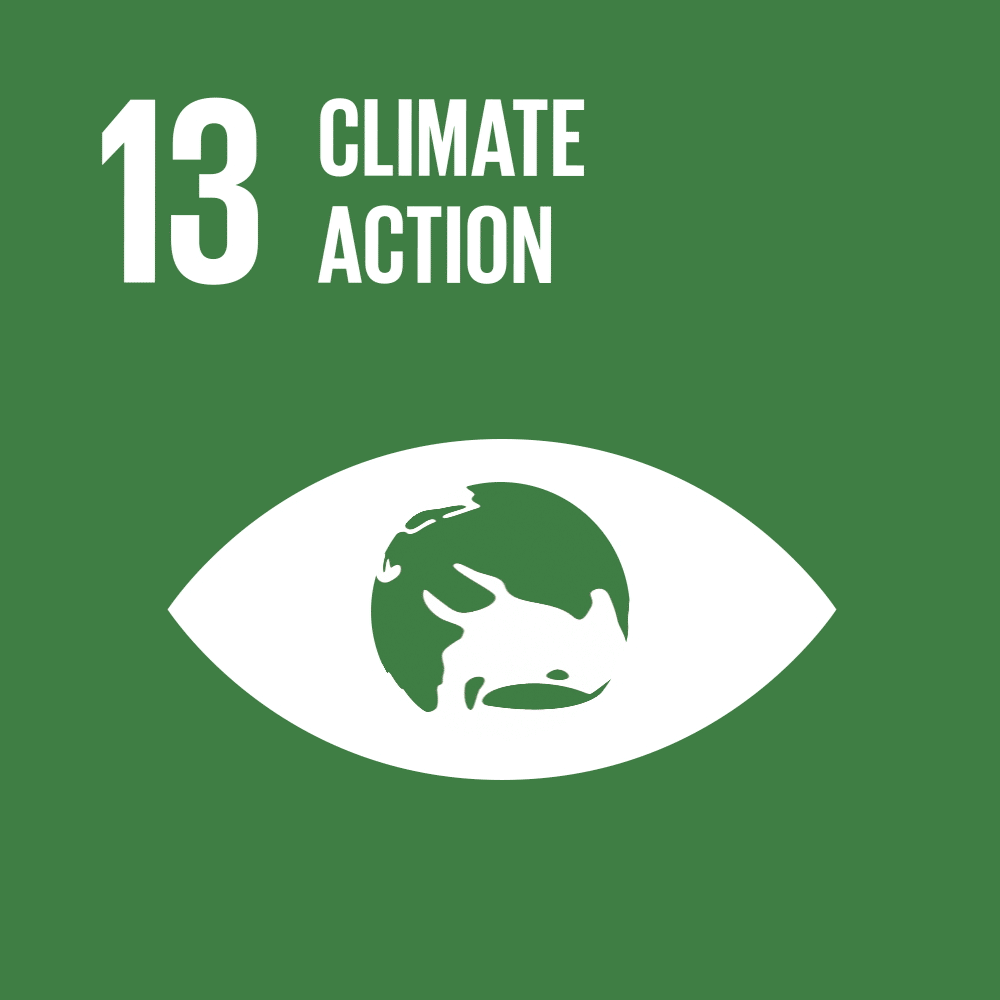
The Global Leadership Challenge (GLC) aims to help emerging leaders to grow in the wisdom and character required for responsible leadership that makes a difference in the world — leadership that doesn’t simply seek to fulfil personal ambition but furthers societies’ sustainable development. GLC is a joint initiative of the University of Oxford (Social Sciences Division and the Oxford Character Project) and the St. Gallen Symposium, supported by our partners - the Templeton World Charity Foundation, HCLTech, and EDGE Strategy.
From 7 - 11 December, GLC 2023 focused on "Confronting Scarcity", exploring the emerging challenges of scarce labour, capital, natural resources and trade, and address the difficult questions they raise for leaders. Drawing on the expertise of thought leaders, practitioners, and academic, GLC offered a tool for think and act upon diverse scarcity challenges. Participants developed innovative approaches, exploring ways to leverage innovation, collaboration or behavioural change for sustainable development.
To tackle these questions, GLC 2023 convened 100 promising young leaders and 20 Senior Advisors to address some of the most pressing challenges of our time by integrating responsible leadership and practical actions to achieve the Sustainable Development Goals (SDGs). Using character education and design thinking, the five-day challenge equiped young leaders with the values and skills needed to build a sustainable future.
Evaluated by our Award Jury, the group with the most outstanding project idea is able to attend the 53rd St. Gallen Symposium as Leaders of Tomorrow. After GLC, participants applyed for further mentoring to grow as future leaders (with the Oxford Character Project at the University of Oxford) to reflect on their own purpose and grow as a future leader. All active participants will receive a Certificate of Achievement from the University of Oxford and the St. Gallen Symposium.


SDGs in Focus at GLC 2023
Throughout the five-day challenge, GLC participants engaged in cross-generational dialogues with senior leaders, learned from a diverse group of peers, and developed a wide range of action projects focused on concrete challenges, related to four Sustainable Development Goals in the context of last year’s GLC theme “Confronting Scarcity”.
SDG 4: Quality Education
SDG 4 seeks to ensure inclusive and equitable quality education and promote lifelong learning opportunities for all. Currently, the world is falling behind in providing universal access to high-quality education, a scarce resource for millions globally. According to the UN's 2023 SDG progress report, without further action, 84 million children and youth will be out of school, 300 million will lack basic literacy/numeracy skills, and just 1 in 6 countries will meet universal secondary school completion targets by 2030. One promising solution pathway is leveraging Information and Communication Technologies (ICTs) to enhance inclusive education access. Emerging technologies such as generative AI, distant learning, and online platforms offer innovative ways to support teachers, empower students, and revolutionise the learning process.
Yet, many students from low-income countries still lack access to basic technologies and internet connection. This scarcity of technology access risks increasing global inequality in learning opportunities. We challenge you to delve into the potential of information and communication technologies to expand access to high-quality education for all.
SDG 3: Good Health and Well-Being
SDG 3 seeks to ensure healthy lives and promote well-being for everyone at all ages. Despite recent global improvements in reproductive health, child mortality, and HIV treatment, achieving equitable access to high-quality healthcare remains an urgent concern, with scarcity presenting significant obstacles. As highlighted in the UN's 2023 SDG progress report, Universal Health Coverage (UHC) remains elusive for large segments of the population, leading to millions being pushed into poverty annually due to out-of-pocket health expenses. Additionally, despite a rise in the global health workforce, shortages persist particularly in those regions with the highest burden of disease.
These developments underscore the stark and unequal impact of scarcity on the health and wellbeing of individuals and societies. Therefore, we challenge you to explore effective strategies to address health inequities such as unequal healthcare access and limited services, especially for marginalized populations.
SDG 13: Climate Action
SDG 13 calls on all stakeholders to take urgent action to combat climate change and its impact. In 2022, global greenhouse gas emissions rose to their highest level ever and, under current commitments, would continue to rise in the coming decade. Without immediate and deep emissions reductions across all sectors, limiting global warming to 1.5°C is beyond reach. In light of the existential risks posed by climate change and the lack of meaningful progress, millions of people around the world feel climate anxiety and believe that their own actions will not make any difference in light of the immense scale of the crisis.
In short, we’re facing a scarcity of hope and imagination. Many others, however, are changing their career and life priorities in order to take concrete actions at local, regional, and global levels. We challenge you to identify ways to foster a sense of agency and self-efficacy among individuals and communities so that they step up now and take climate actions from where they are.












mouseover for more
Copyright:

A New Framework For
Responsible Leadership
The most pressing challenges of our time require system-level analysis and action for impact. Building on research at the Universities of Oxford and St. Gallen, we have developed a new framework for responsible leadership combining three essential components of responsible leadership needed to address global challenges.










